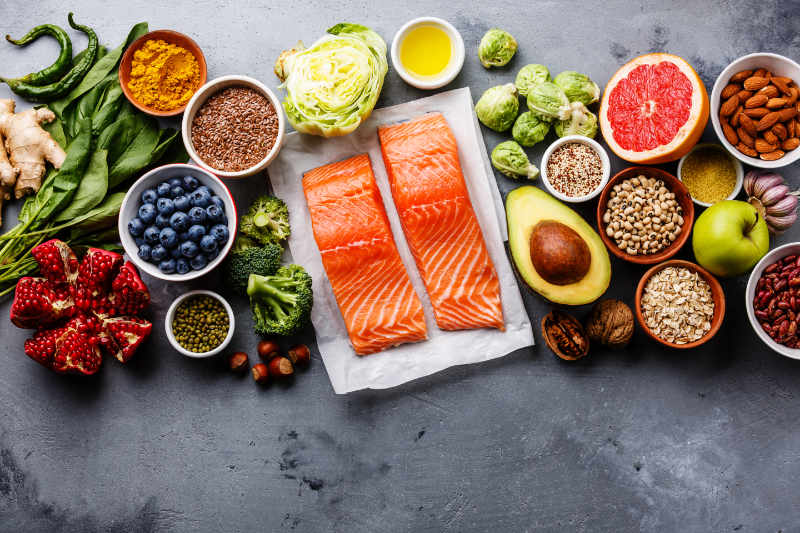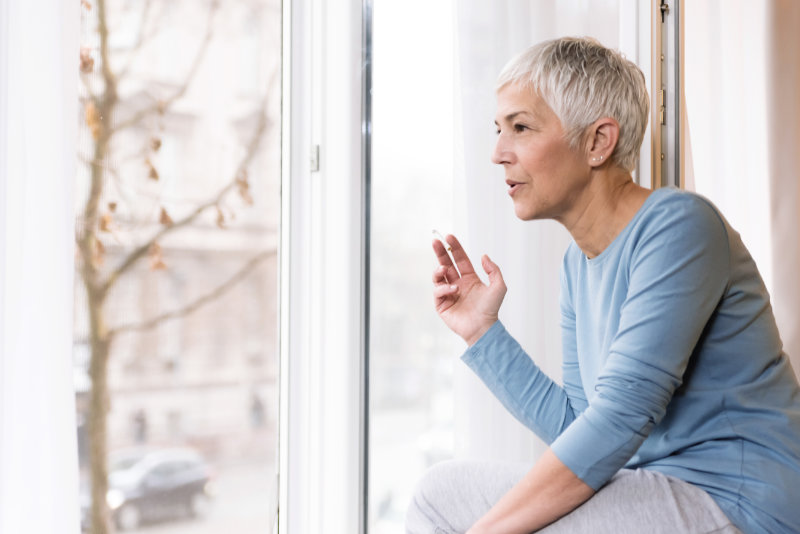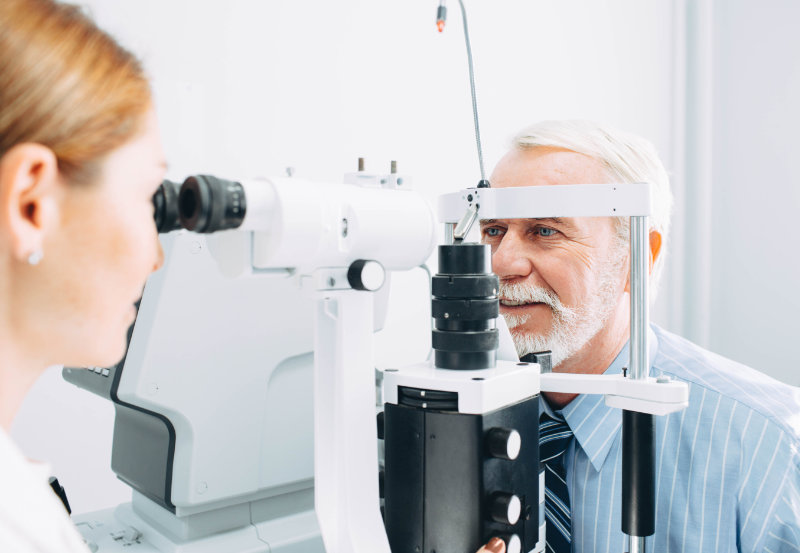Good eyesight is a key part of being healthy, and helps you perform well, whether that’s at work, school or behind the wheel. Unfortunately, many of us tend to put our eye health last on the list of priorities, as our eyes usually don’t hurt when there is a problem. Knowing how to look after your eyes all year round means you can help protect your vision throughout your life.
Getting regular check-ups at the opticians is an important part of keeping on top of any unusual changes, but there are other things you can do to safeguard your sight.
Looking after your eyes is a year-round priority. In winter, dry office air, spending too much time at your computer or watching TV, and poor eating habits can all contribute to eye irritation. During summer, our eyes are especially vulnerable to harmful UV light, but according to research, up to 20 million people in the UK may be putting their eye health at risk by not checking the UV rating when they buy sunglasses on the high street.
Read Wise Living’s interview with Rosemary Shrager where the The TV chef reveals how the threat of sight loss and developing diabetes inspired a health overhaul.
How to look after your eyes – everyday eye health advice
Wise Living has rounded up 6 essential eye health care tips that can help reduce eyestrain and protect your eyesight.
1. Take regular breaks from your computer

Looking at TVs, laptops, tablets and smartphones can cause eyestrain – early stage research has found that the blue light they emit can be harmful to the eyes, causing digital eyestrain and potentially retina damage.
The best way to avoid redness? Take a proper screen break; make a cup of tea, chat to a colleague or head outside to some fresh air outside. The HSE suggest short, frequent breaks are better than less frequent, longer breaks.
Try following the 20-20-20 rule when you’re in the office or using a computer or tablet at home. This means for every 20 minutes you look at a screen, you should gaze at something that is at least 20 feet away for at least 20 seconds.
2. Eat well for better eye health

If you’re wondering what are the best foods to eat for eye health, it’s good to know that maintaining your eye health does start with what you put on your plate. For optimum vision, plump for antioxidant-rich foods that are packed with Vitamins A and C, such as leafy green vegetables.
Fatty fish, such as salmon and sardines, are particularly important too as they contain omega-3 fatty acids, which have been shown to help slow age-related degeneration of the macula – the part of the eye responsible for central vision.
3. Quit smoking

According to the NHS, smokers are twice as likely to lose their sight compared to non-smokers. This is partly because noxious particles in cigarettes can irritate the eyes, and can increase the chances of developing cataracts. Smoking can also cause a number of eye conditions to worsen, such as diabetes-related sight problems.
Look into free ‘stop smoking’ services that can boost your chances of kicking the habit for good. For instance, your GP might be able to offer one-on-one support, drop-in services or group appointments. Visit NHS.uk to find out what’s available in your area.
4. Wear sunglasses

Exposure to the UV light emitted by the sun can contribute to cataracts and macular degeneration – even during the winter months.
A good pair of sunglasses can help keep your eyes safe – not just during the summer but also on bright and chilly December days. Not all sunglasses protect you from harmful UV rays though, so make sure to do your research before picking up a pair of cheap but fashionable high street shades.
Look for a pair that offer 100% protection against both UVA and UVB rays – it should usually indicate this on the tag, but ask your optician if you’re not sure. The more coverage from your sunglasses, the better the protection too – so swerve the tiny sunnies trend and opt for some oversized aviators instead.
How to look after you eyes – professional eye health care tips
As studies also reveal that 5-10% of all skin cancers are found on the eyelid, keeping your eyes protected has never been more important. Dan McGhee, director of professional services at Vision Express, gives us his top tips for getting your eyes summer-ready.
1. Start wearing the right sunglasses from the start
“Up to 80% of a person’s lifetime exposure to UV will occur before the age of 18, according to a study by the World Health Organisation, and with UVA sun rays causing premature ageing and age-related illnesses, it is important to protect your eyes from an early age.
“Young people’s eyes are more sensitive to UV absorption and under-12s are particularly susceptible, because the clear lenses in their eyes are not yet properly formed.”
2. Have regular eye examinations

“The best way to start protecting your eyes is by having regular eye tests at the optician.
“These will highlight any sight problems or damage, such as cataracts, macular degeneration or skin cancer around the eye area, and can determine other health issues, such as high cholesterol and even diabetes.”
3. Wear sunglasses – even when it’s cloudy
“Make sure you wear sunglasses while outdoors at all times, even if your eyes feel fine, as some of the effects of too much light can be delayed, just as in sunburn.
“Prolonged sun exposure has been directly linked to cataract formation and pterygium (a pinkish, triangular tissue growth on the cornea of the eye) and are seen more commonly on people who spend a lot of time outdoors and in hot climates.”
4. Consider polarised shades
“Polarised lenses offer the best protection from the sun, blocking indirect glare and reducing the need to squint, which can cause muscle fatigue, headaches and eye strain.
“No longer just a sports essential, coloured lenses are now a big fashion win with celebs – so you won’t look out of place on the beach.”































































